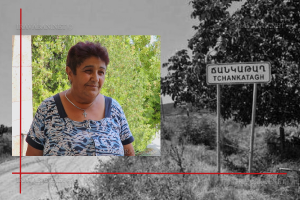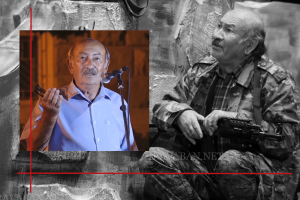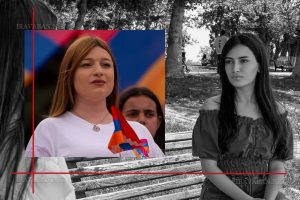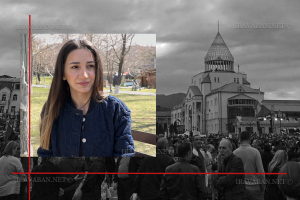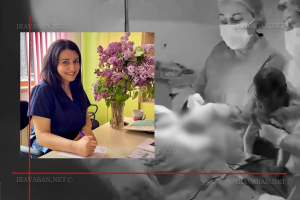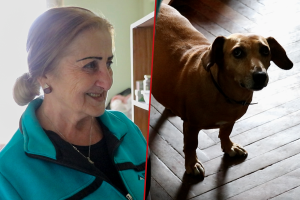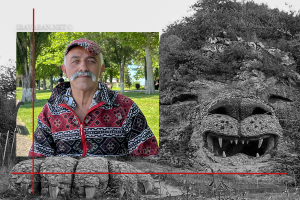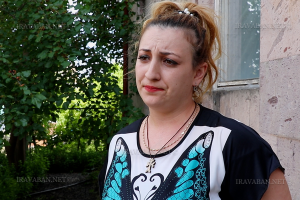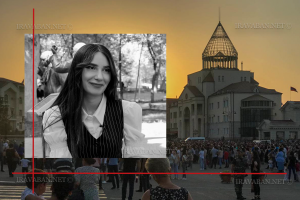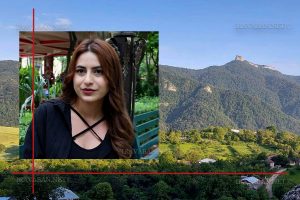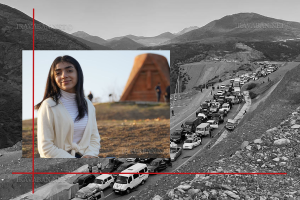Anush Stepanyan, who was forcibly displaced from the city of Martuni of the occupied Artsakh Republic, told in the framework of “Artsakh: Armenian Genocide 2023. Stories of Survivors” series of Iravaban.net, that on 19 September, when the enemy launched another military aggression, they were at home, fragments of exploding shells fell on the house, soil from the collapsing roof fell into the house.
“They were shooting at the city as well, they were hitting the houses with grenades. I could only take the passports,” she said. Mrs. Anush told that she and her children somehow managed to get out of the house to enter the basement.
Having gone through a number of difficulties, they reached Armenia from Artsakh in about 3 days, and now five people are in temporary accommodation in the cultural house of the Parakar Community of Armavir region.
“When we left Stepanakert, it was a terrible situation in the city. By the time we reached Hakari Bridge, we were already dead people. They checked us, they took my children out, and they make the men run behind the car, they cursed, hit the car, throw a knife on the car of the daughter’s family,… Their behavior was different towards different people. They treated people passing by in a service car very badly,” Mrs. Anush says.
According to her, they were offered to stay in Artsakh and live under the Azerbaijani flag.
“We were afraid, the children did not sleep at night, and they (Azerbaijanis) could enter the city from anywhere. If they raise their flag, we would have to live there too… I don’t assess that correctly,” she says.
Anush Stepanyan’s daughter Shushanik Balayan added that there was no light in the city, the children were afraid to sleep; now they are afraid to go from room to room, even to get a glass of water.
“I do not know how I will live now, there is no house, no money, I do not know what we will do,” Shushanik said.
Details in the video.
“Artsakh: Armenian Genocide 2023. Stories of Survivors” documentary project of Iravaban.net is aimed at collecting the memories and testimonies of citizens forcibly displaced from Artsakh occupied by Azerbaijan, about the genocide of the Armenians of Artsakh committed by Azerbaijan, atrocities, the days of war, the path of deportation, etc.
Iravaban.net seeks help from citizens who will voluntarily agree to translate materials into different languages: Russian, English, French, Arabic, Persian, Turkish, Georgian, Chinese…
You can write to our e-mail address: [email protected]

